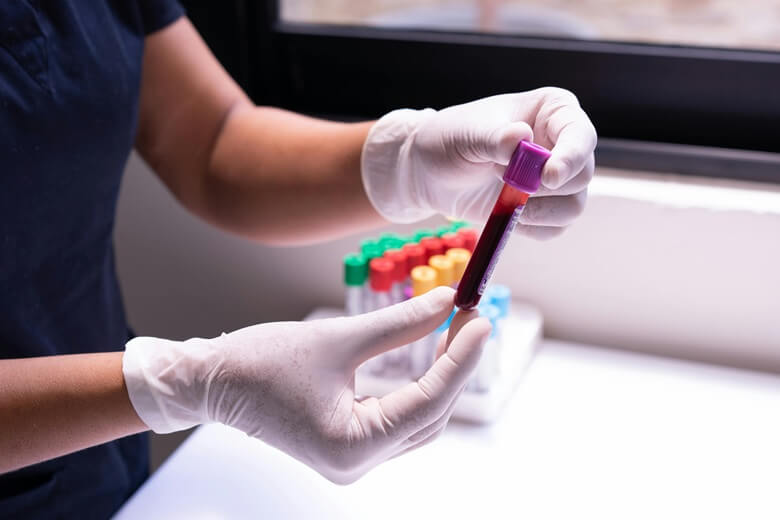Blood tests are among the most significant diagnostic instruments available, as they can provide you with vital information regarding your health. When you are aware of the tests that you should speak about with your physician, you will be able to take preventative actions that will allow you to manage your health efficiently.
1. Complete Blood Count (CBC)
A Complete Blood Count, is an exhaustive blood test that analyzes the cellular components of your blood while also considering other factors. Your red blood cells, white blood cells, and platelets are all analyzed according to the information that they offer. The red blood cells are responsible for transporting oxygen throughout the body, the white blood cells assist in the fight against infections, and the platelets are necessary for the clotting of blood. A number of illnesses, including anemia, infections, and blood abnormalities, can be identified with the help of this test. Keeping a close eye on your complete blood count (CBC) allows your physician to evaluate your overall health state and identify any irregularities at an earlier stage.
2. Lipid Panel
Triglycerides, high-density lipoprotein (HDL), and low-density lipoprotein (LDL) are all components of the cholesterol levels that are measured by a lipid panel. Cholesterol is a fatty component that is necessary for the construction of cells; however, there is a correlation between high levels of LDL cholesterol and an increased risk of cardiovascular disease and stroke. When compared to LDL cholesterol, HDL cholesterol is believed to be advantageous because it assists in the elimination of LDL cholesterol from the bloodstream. By monitoring your lipid levels with this test, your physician will be able to assess your cardiovascular health and, if appropriate, make recommendations for measures such as dietary changes or medication to lower cholesterol levels.
3. Blood Glucose Test
Indicators of diabetes and the overall health of your metabolism can be determined through the use of a blood glucose test, which evaluates the amounts of sugar in your blood. If your blood glucose levels are high, it can be an indication that you have diabetes mellitus, a condition in which your body either does not generate enough insulin or does not use insulin efficiently. Diabetes can result in serious complications such as cardiovascular disease, damage to the kidneys, and destruction of nerves. Testing your blood glucose levels on a regular basis can assist in the early detection and control of diabetes through interventions such as medication, lifestyle modifications, and monitoring.
4. Thyroid Function Tests
Testing your thyroid function allows you to determine how well your thyroid gland is functioning. The thyroid gland is responsible for producing hormones that govern your metabolism, energy levels, and growth. Thyroid-stimulating hormone (TSH), thyroxine (T4), and triiodothyronine (T3) are the three hormones that are routinely measured by these assays. Hypothyroidism, also known as an underactive thyroid, and hyperthyroidism, sometimes known as an overactive thyroid, are two disorders that abnormal levels of titanium hormone can indicate. Alterations in weight, exhaustion, and mood fluctuations are among the symptoms that can be associated with thyroid issues. Your physician will be able to diagnose thyroid issues earlier and begin treatment more effectively if you monitor your thyroid function with these tests.
5. Hepatitis C Antibody Test
The Hepatitis C Antibody Test finds antibodies that the hepatitis C virus (HCV) causes your immune system to manufacture. A viral infection called hepatitis C can inflame the liver and, if ignored, produce cirrhosis, liver cancer, or severe liver damage. It is important to diagnose hepatitis C early with this blood test since many patients do not show symptoms until they have suffered serious liver damage. Additional testing is carried out to confirm the existence of the virus and identify the best course of action if the test results for antibodies are positive. It is recommended that you seek freely available hep C treatment, which can cure the condition and prevent repercussions such as liver failure.
Conclusion
Gaining knowledge about and having a conversation with your healthcare practitioner about these vital blood tests gives you the ability to properly monitor and manage your health. Every test offers distinct insights into many parts of your health, including thyroid function, heart risk, and infectious disorders like hepatitis C. Proactive treatment and routine testing can help avoid major health issues and guarantee better health in the future.





Be First to Comment